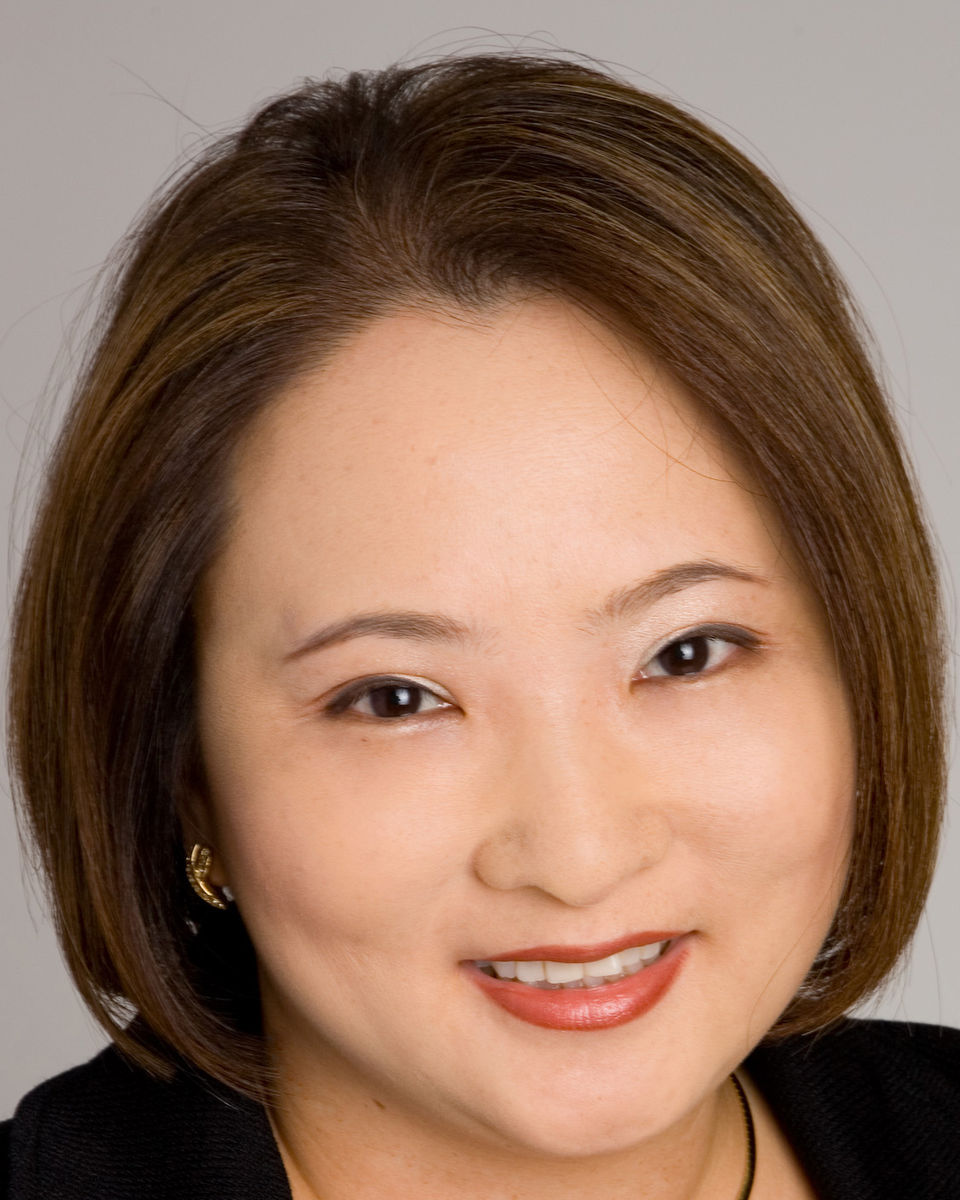
Kelly C. Lee, PharmD, MAS, BCPP, FCCP, FASHP
Psychiatric pharmacists are crucial members of mental health care teams who work in a variety of practice settings, from hospitals to outpatient clinics, and perform a variety of tasks depending on their settings and the patients they serve. This diversity in their roles and services benefits patients and health care teams; however, it presents challenges when trying to measure and understand the workload of psychiatric pharmacists.
Study Goals
The study Evaluation of workload among Board-Certified Psychiatric Pharmacists in the United States authored by Lee KC et al, aimed to quantify the typical and ideal workloads of Board-Certified Psychiatric Pharmacists (BCPPs) and characterize their practice settings and clinical activities. The primary and secondary outcomes of the study included self-reported typical and ideal workloads of BCPPs in inpatient, outpatient, and transition-of-care settings and the comparison of practice settings and types of activities reported by BCPPs.
Study Implications
This was the first study that attempted to quantify BCPPs' self-reported typical and ideal workload in different practice settings. Characterizing psychiatric pharmacist workload is complex due to diversity in practice settings, scope of practice and patient needs. Future research is needed to confirm these findings in a broader sample of psychiatric pharmacists so that ideal workloads can be determined. Research on practice characteristics that impact clinical and patient outcomes would also be of value. psychiatric pharmacists so that ideal workloads can be determined.
Key Findings
- Typical vs. Ideal Workload for BCPPs:
- The mean typical number of patients/beds per 8-hour workday for inpatient BCPPs was 35.6 (±22.8) compared to mean ideal number of patients/beds per 8-hour workday, which was 23.6 (±10.4)
- The mean typical number of patients/patient encounters 8-hour workday for outpatient BCPPs was 9.29 (±10.9) compared to mean ideal number of patients/patient encounters per 8-hour workday, which was 9.96 (±10.6)
- Practice Setting:
- More outpatient BCPPs practiced under prescriptive authority (e.g., collaborative practice agreement, Veterans Affairs [VA] scope of practice, others)
- Majority of BCPPs reported general adult psychiatry as their primary clinical practice population and working in a city (defined as 50 000±people)
- Direct Patient Care:
- Over a third of inpatient BCPPs reported verifying 1 to 49 orders per day
- Over 90% of inpatient BCPPs reported participating in treatment rounds as part of clinical responsibilities
- About 98% of outpatient BCPPs reported participating in comprehensive medication management
- Mean Hours Spent During a Typical Workweek for BCPPs:
- Direct patient care and consults: 20.0 (14.4)
- Precepting trainees: 6.41 (6.66)
- Administrative: 7.53 (8.92)
- Mean number of formal and informal clinical consultations provided per week ranged from 3.35 (4.73) – 9.73 (6.82)
- Mean number of physicians and advanced practice providers per FTE pharmacist was 9.04 (10.5)
Citation
